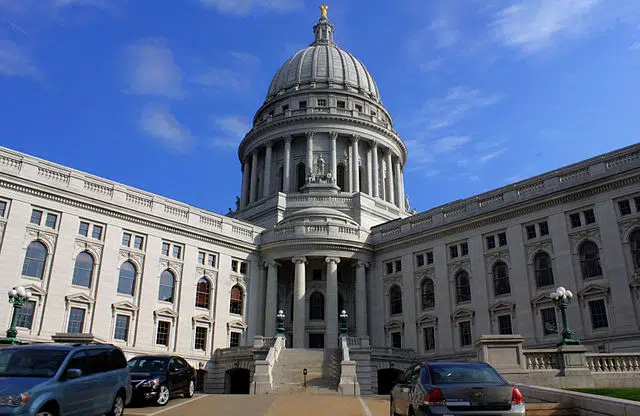
The latest COVID-relief package approved by Congress is getting praise and criticism for what’s in it and what was left out. State and local governments didn’t get the direct aid they were hoping for, and a Wisconsin group says that could affect residents down the road.
Despite calls for higher amounts, the stimulus package includes $600 payments to qualifying individuals and extends federal unemployment benefits, but $160 billion for state and local governments was dropped during the negotiations. Curt Witynski, deputy executive director at the League of Wisconsin Municipalities, said many cities are stable right now – but if state government has to make cuts, local budget reductions could follow. “Residents in a community could see, say, reductions in library hours,” he said.”Maybe there’s a reduction in weekend bus routes.” He said it would be a shame to see public libraries, which largely have had to close because of the pandemic, have to then cut hours, since many marginalized residents rely on their services. But he said each city is different in how it responds to a fiscal crunch.
The Wisconsin Policy Forum estimated the state deficit could reach $2 billion in the next budget cycle. Witynski said most Wisconsin towns and cities rely heavily on property-tax revenue, which has been steady. But local leaders still are keeping an eye on what happens at the state level. He said being included in the new federal stimulus bill would have removed some of the worry.
“The CARES Act could only be used for expenditures,” he said, “so that’s why we were waiting for this fourth stimulus package, to be used for revenue losses.” He said that could have helped communities as they struggle to prepare for any possible state cuts. But in the end, a majority of Senate Republicans held firm on not including the aid, citing concerns about wasteful spending. Democratic leaders, including President-elect Joe Biden, are calling for a quicker follow-up with relief talks going into 2021.











